We need to develop students’ critical thinking, but also proactive thinking to transform their environment in creative and innovative ways.
The UN Sustainable Development Goals (SDGs) must be achieved by 2030 if we want a better future for humanity. To achieve these objectives, we must understand that education and the role of teachers are fundamental to the formation of committed citizens, who know their environment and will make decisions for the benefit of a sustainable community. In this context, we must ask ourselves as teachers, “What are we doing at school to reflect on today’s social, economic, environmental, political, and cultural challenges? How are we preparing students to live in a world that demands new forms of interaction among all society? In this article, we share our experience.
The objectives set out in the Agenda 2030 focus on five large axes, the so-called “5 P”: People, Planet, Prosperity, Peace, and Partnerships. It is through these five categories that we aim to resolve the different crises that humanity has already begun to face. These include climate change, inequality, mass migrations that force people to leave their homes, the emergence of information technologies, and the need to form alliances among various sectors to confront the challenges, to name a few.
“We identify ourselves more with a cause than with a party or an ideology.”
– Ramonet, 2020 –
The concept of sustainable development is relatively new. The word “sustainability” was first used in 1987 in the document entitled, “Our Future in Common,” also known as the Brundtland Report, which was presented at the United Nations General Assembly. It aims to ensure that the needs of the present are met without compromising the ability of future generations to meet their own needs also. The first effort to achieve a sustainable world was made with the establishment of the Millennium Goals in 2000, which set 2015 as a deadline for accomplishment. However, despite progress, these were not achieved. It was, therefore, necessary to establish new objectives and guidelines involving the efforts of the public sector, the private sector, and people in general. This led to the establishment of the seventeen Sustainable Development Goals.
The school reflects the critical spirit of society and must respond to its interests and needs. It is imperative to sensitize the students who are in our classrooms and will be among those who make decisions in various disciplines so that they do it in an ethical and united way for the benefit of the community.
“The citizens we are training in the classrooms require a vision that contributes to society as a whole; it cannot be an individualistic vision.”
At PrepaTec, the SDGs were incorporated as a transversal axis in all the Social Sciences and Humanities courses to form citizens who have a global and sustainable vision. The fifth-semester class, “Actors and Multicultural Perspectives,” that takes place on all the campuses aims to motivate students to know and analyze real problems from different perspectives. Students select a Sustainable Development Goal and investigate its circumstances at the global and local levels. Next, they conduct interviews with people from different demographic groups to learn their life stories about the impact of the problem. They reflect on topics such as the wasting of water and how people are experiencing discrimination, environmental pollution, and inequality, etc. in different trenches of life. The learnings that the students discuss in their reflections are very motivating.
It is not enough to train students in critical thinking; we must also teach them intentional thought that results in their being creative and innovative in transforming their environment. Middle schools and high schools must be shaped as spaces where we can reflect on the problems of society, consider the current challenges we face in proposing solutions, and search for mechanisms that lead to growth and development in general.
For us as teachers, it is time to implement educational strategies that promote knowing, reflecting, and taking actions toward the achievement of the SDGs, i.e., to identify contextual situations that address the problems of our society the world. We need to form alliances with socially responsible public and private entities to provide learning experiences to students that add value to the community, as well as to carry out projects of intervention that are meaningful to the young people and their society.
The philosophy of the SDGs implicates various disciplines of knowledge and promotes interactions among them. Reality must not be evaluated in a fragmented manner. To reduce carbon emissions, we not only must be innovative technologically but also construct a new paradigm of social organization. Reducing, recycling, and reusing call for new business models that impact both the economy and our culture. The ethical training of students should include solidarity with society.
Our young people must have the capacity to reflect as a group and be able to navigate the complexity that entails. They need the flexibility to change culture and mindset, which, in turn, leads to change in attitudes. They need to know how to communicate better. Innovation must respond to the needs of society. However, to respond to these demands, we must first question ourselves as teachers, “How am I preparing for these challenges? What paradigms must I break to adapt myself to a world that requires me to develop the same competencies in my students? What are the sources of information that allow me to improve my teaching practice? With whom and what type of alliances do I make to bring better learning experiences to my students?
As teachers, we have a vital commitment to the new generations. It requires methodological work that allows us to reflect on our teaching practices and question whether the subject contents and how we impart our classes yield deep and thoughtful reflections on the topics that impact our lives and that of our students. Through these reflections, we can accompany our students and be with them active agents in improving our reality.
The citizens we are training in the classrooms require a vision that contributes to society as a whole; it cannot be an individualistic vision. It is fair to ask ourselves if the work we do has these characteristics. Now more than ever, we are faced with the pressing need to question ourselves, “How can we inspire each other to transform the society in which we live? We must change our focus so that the human being is the center of education, always conscious that we are embedded in a shared world; hence, we must educate with an orientation toward sustainability.
About the authors
Mar
ía Emilia Espejo Mancillas (emilia.espejo@tec.mx) has been a teacher at PrepaTec for 17 years. She is currently studying to obtain a Ph.D. in Philosophy with an emphasis on Communication and Educational Innovation.
Paula Gabriela Marty Hernández (pmarty@tec.mx) is Director of the Multicultural Program at PrepaTec Eugenio Garza Lagüera and has been teaching in the area of Social Sciences for nine years.
References
Alarcón, R. (2020). Reformar la universidad latinoamericana actual. Retos en educación y aprendizaje permanente. En J. Saborido (Presidencia). 12do Congreso Internacional de Educación Superior. Congreso llevado a Cabo en La Habana, Cuba.
Barón, A. (2020). ¿Cómo educar para la transformación? El docente como actor fundamental de cambio social. En J. Saborido (Presidencia). 12do Congreso Internacional de Educación Superior. Congreso llevado a Cabo en La Habana, Cuba.
Betto, F. (2020). Las universidades y el desarrollo de América Latina en el escenario actual. En J. Saborido (Presidencia). 12do Congreso Internacional de Educación Superior. Congreso llevado a Cabo en La Habana, Cuba.
Ramonet, I. (2020). Retos y contribuciones de las universidades ante los desafíos actuales del desarrollo sostenible. En J. Saborido (Presidencia). 12do Congreso Internacional de Educación Superior. Congreso llevado a Cabo en La Habana, Cuba.
This article from Observatory of the Institute for the Future of Education may be shared under the terms of the license CC BY-NC-SA 4.0 
)
)
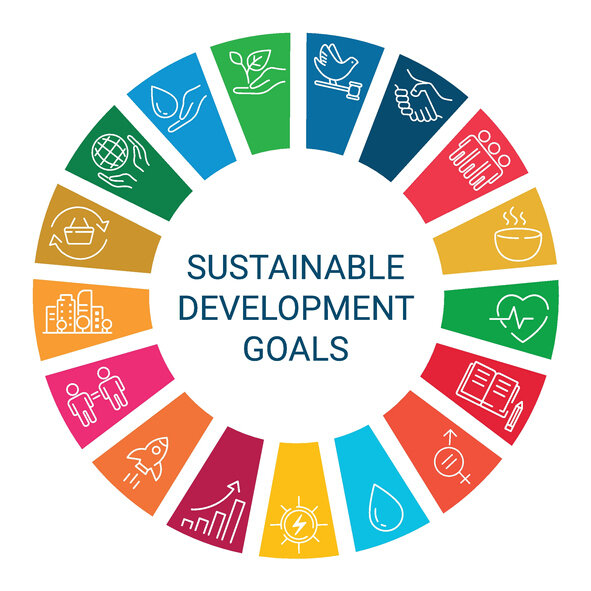
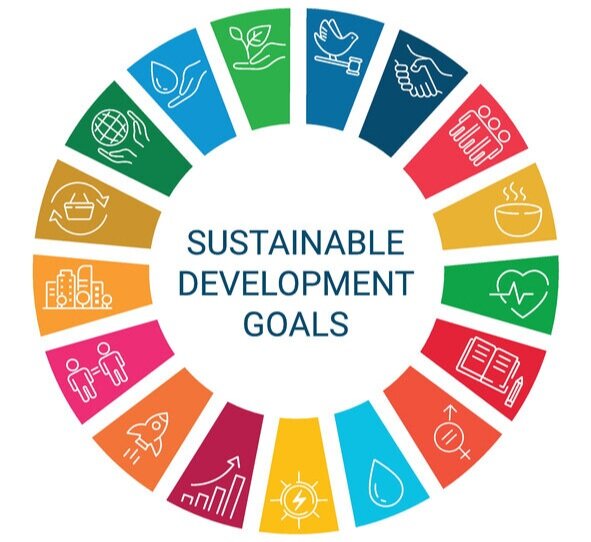

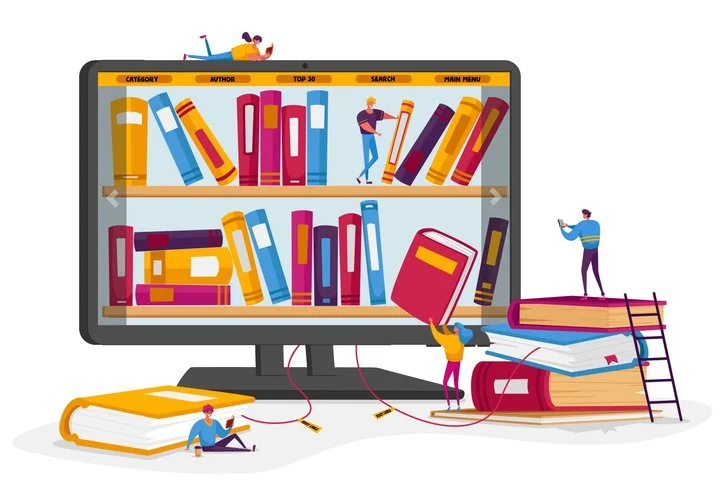

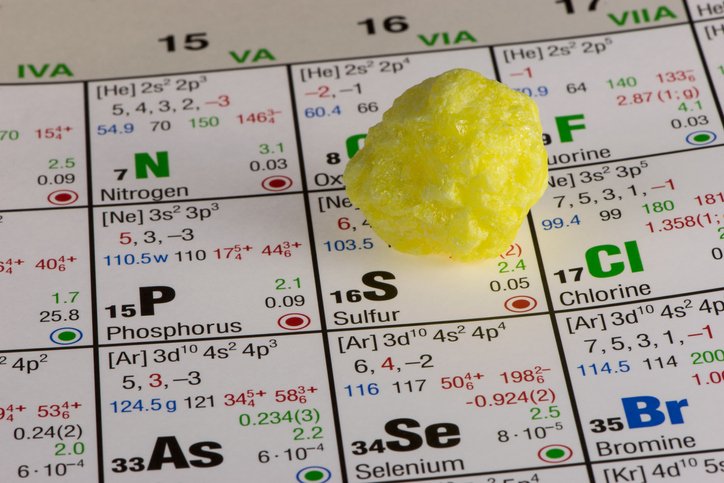
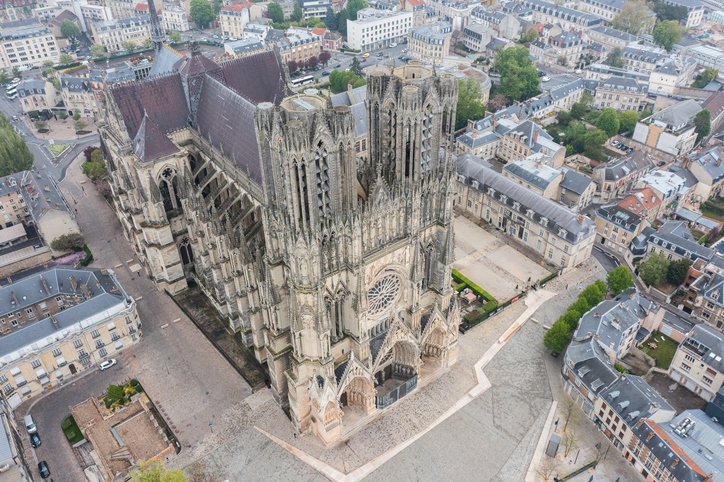
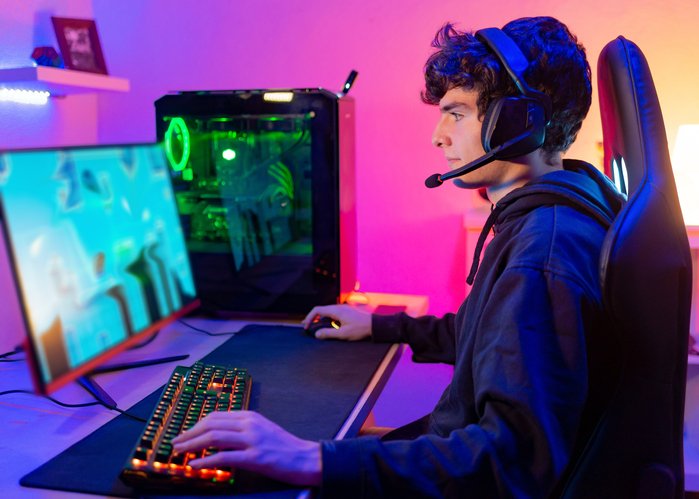

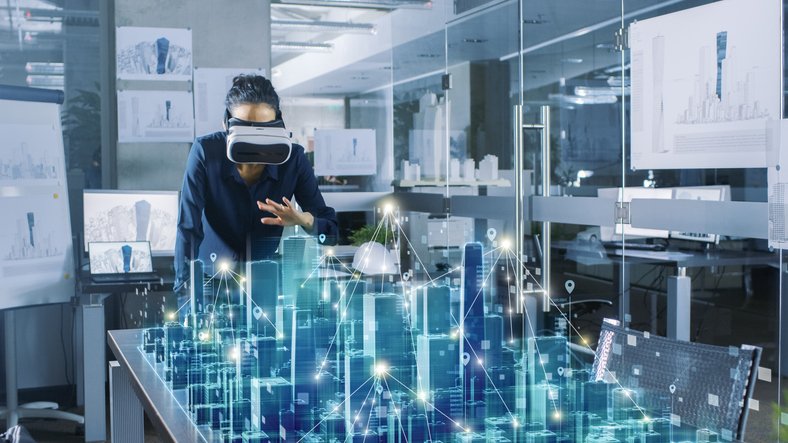

)
Kathia Rebeca Arreola Rodríguez
Kathia Rebeca Arreola Rodríguez
Kathia Rebeca Arreola Rodríguez